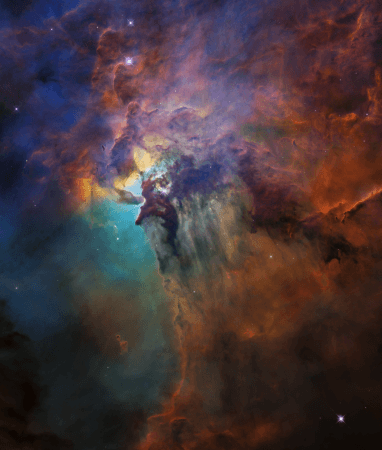
Do humans have any free will? This is a question that has not only intrigued philosophers and religious thinkers, but also physicists for hundreds of years and now they feel that humans, or any form of life, for that matter does not, in fact have any free will.
Physics, as a concept, is based on the notion that nature is mechanistic, in the sense that everything operates like a machine, notes a report by the Cosmos Magazine. A machine, by definition is a closed system, so that makes it a collection of parts, each of them with a narrow, specific purpose and different function for each element. They all work together to fulfil the purpose for which they were built and this purpose is generalised to the whole machine, even though their individual functions are vastly different.
Take a literal machine like a car- its function is to carry a driver from point A to Point B. Cars have thousands of small components each doing a specific task and in most cases, they cannot be interchanged, they are all there for a purpose- the gear lever cannot replace the wheels, for example. They all do, however, work in unison.
What if the entire universe is a scaled up machine? The report mentions that by the current best estimates, particles can not be measured at a smaller distance than the Planck length which is explained as the number 16 preceded by 34 zeroes and a decimal point, this is one trillionths of trillionths of trillionths of one metre, this number suggests that as far as matter is concerned its states are discrete.
Energy simply does not suffer from a Planck length limitation, explains the report, but we know from quantum mechanics that energy transfer between physical bodies takes place in discrete amounts known as quanta.
If the Big Bang Theory and the continuous expansion of the universe, one that explains how everything came to be is true—so far evidence proves that it must be true—then the initial state of the universe was a single point known as a singularity. It then expanded across the entire cosmos we know and perceive today.
Then this shows that there is a relationship between the Big Bang and the Earth, humans included. In other words, the report hypothesises that free will is not something that is allowed, rather, all of actions are nothing more than mere consequences of that first event- the explosion 13.8 billion years ago that led to the formation of the cosmos. This point of view is known as "determinism", or "super-determinism" explains the report.
If we believe the initial state of the universe to be quantified by a rational number, we are inferring that it is periodic, non-chaotic and globally predictable in nature. But if the initial state is rather quantified by an irrational number, we are instead inferring that the universe is aperiodic, chaotic and therefore only locally predictable in nature.
However, it is well known that the universe is indeed chaotic.
From this point of view, it can be tempting to argue that if free will does not exist, then criminals punished? They clearly did not have a choice in the matter. That argumane is countered by saying that punishment is a natural response to crime or wrongdoing in such a way that equilibrium can be maintained on a global scale.
In turn, this could mean that free will is nothing more than an inevitable illusion for humans, because of the highly subjective perspective in which the universe is observed rather than the universe's truest natural state.









